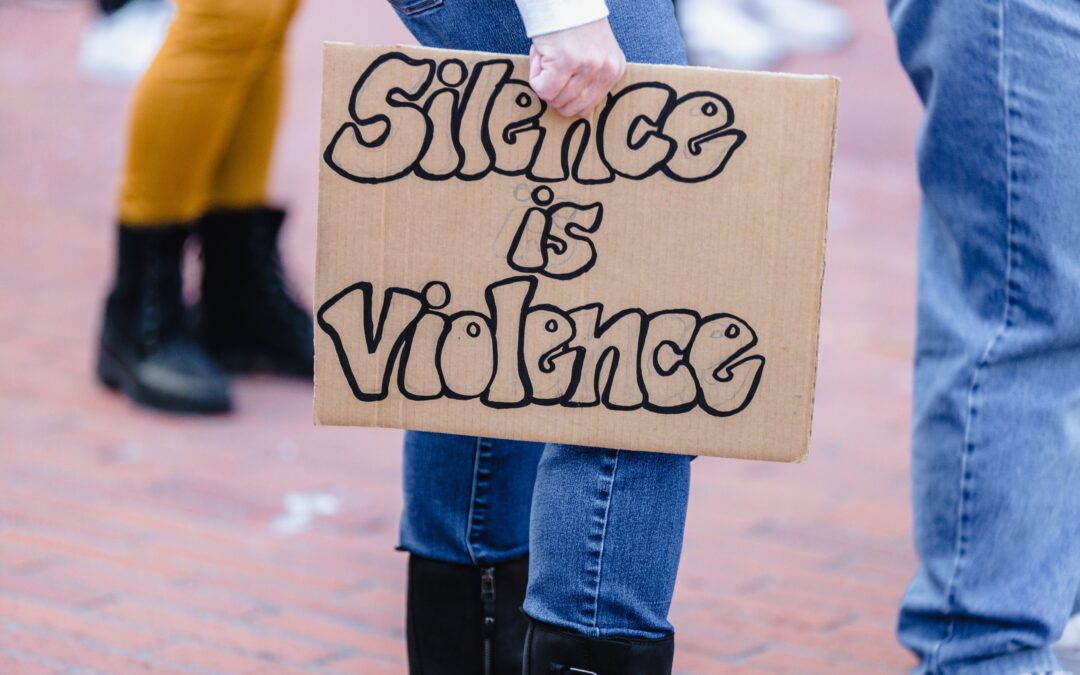by Christine Ege
Nuclear weapons development, religious fanaticism, and genocidal threats contribute to an international recipe for disaster, according to Dr. Susanna Kokkonen. In Chapter 11 of her book, Journey to the Holocaust, she describes the shift in Iran’s cultural and political dynamic after the Islamic Revolution there in 1979. She also chronicles the increasingly threatening, aggressive statements made by Iranian governmental and religious leaders against Israel and the western world. The implications of such polemic are alarming.
As Dr. Susanna aptly points out, genocides always begin with words:
Each genocide requires a certain kind of propaganda before action is taken, and it seems that Iran already began its campaign years ago, which has also extended to its allies. To the Iranian regime, and to its religious leaders, the denial of the Holocaust is central, as the government has adopted the destruction of Israel as a strategic objective. In other words, questioning the position of Israel is ideological preparation for genocide,…(p. 293)
In the face of such an adversarial stance on the part of Iran, what is even more unsettling is the failure of European and American leaders to respond. The world has been largely passive not only regarding Iran’s genocidal threats against Israel (and ultimately against any part of the non-Islamic world), but also regarding the abysmal lack of human rights under the current Iranian regime. We might consider this failure to respond a bystander’s dilemma. Do we stand by silently and hope the threats are not serious? Will such antagonism simply evaporate? Iran’s record of the past 43 years does not seem to indicate any lessening of intensity in its bellicose attitude.
Of course, we might well reason that nationalistic political grandstanding of this nature does not apply directly to us as individuals. After all, certainly not all Iranians are interested in demonstrating religious, military, or political superiority over the rest of the world. They are individuals and families with a rich culture and history; most probably, most of them are well-intentioned people like ourselves who are working in the best interests of their families and communities. However, the current regime is setting the atmosphere for the entire nation. How does this happen?
A study of Hitler’s rise to power might serve us all well. Our personal convictions DO matter. As in the case of Hitler, inhumane attitudes that begin in the heart will be expressed in our words and behaviors; such attitudes have the potential to corporately infect our societies at large. Similarly, personal passivity can lead to corporate captivity. The key is to ask ourselves what unrighteous attitudes we are harboring in our own hearts, and what should we do when we recognize wickedness in ourselves or in the words and behaviors of others? Moreover, even silence, while not wicked in and of itself, can ultimately amount to tacit agreement or even endorsement of tyranny and persecution.
Perhaps we should consider where are we headed? Nuclear weapons development, religious fanaticism, and genocidal threats may require only one more toxic ingredient to complete the recipe for disaster: bystander contagion. When key national leaders adopt the role of bystanders, passivity becomes the order of the day for other nations as well. Perhaps we need to consider the lessons of the past and realize that not only Israel is imperiled, but also our own nations as well.

